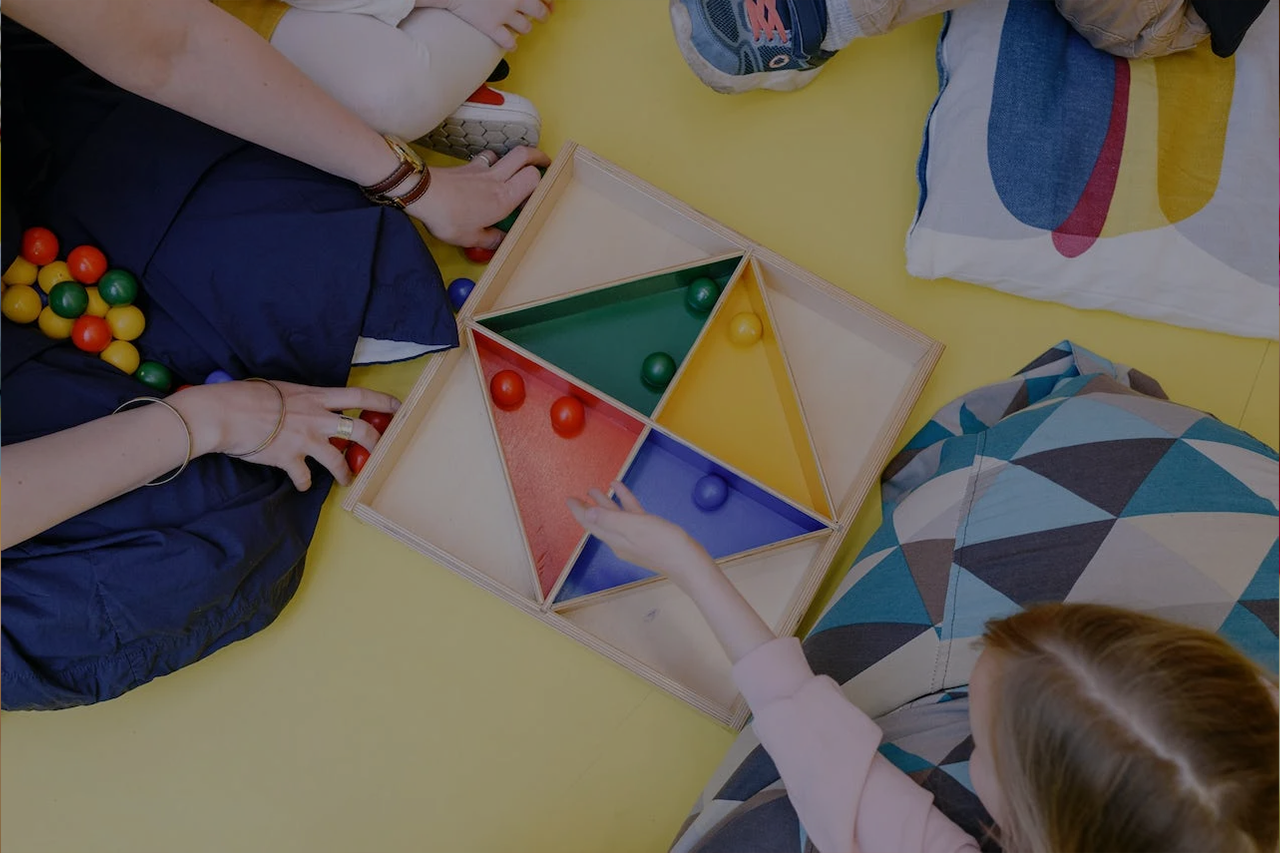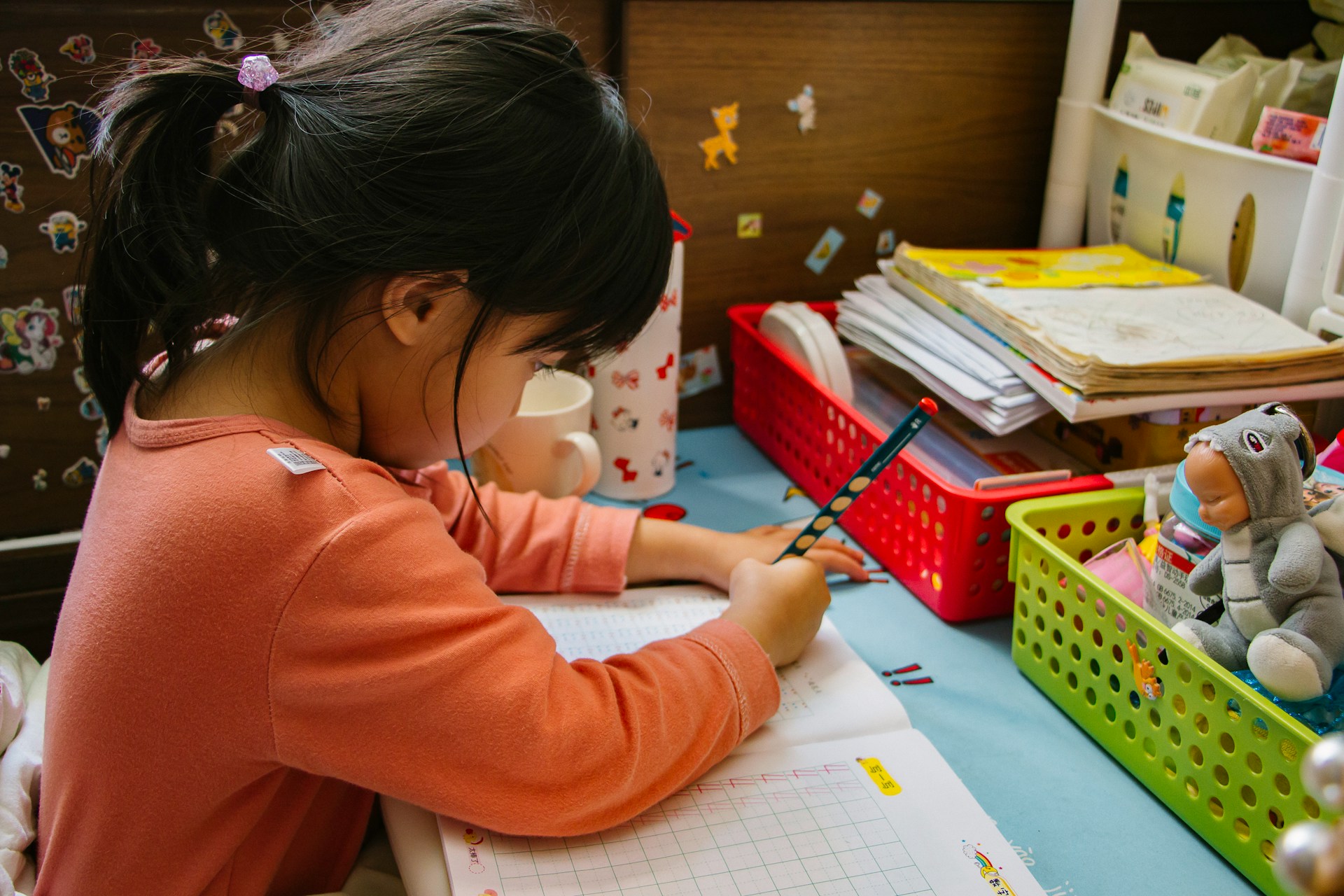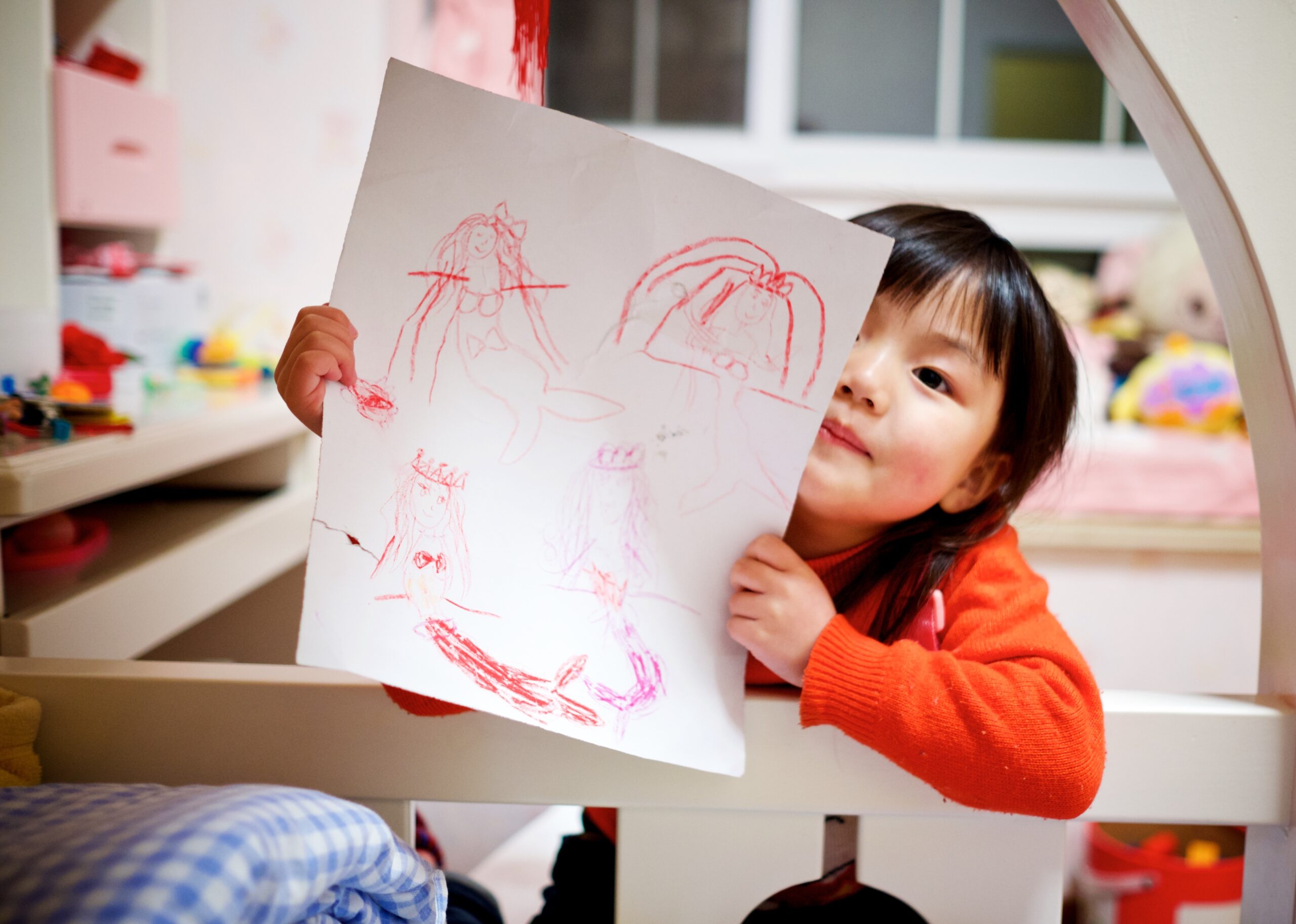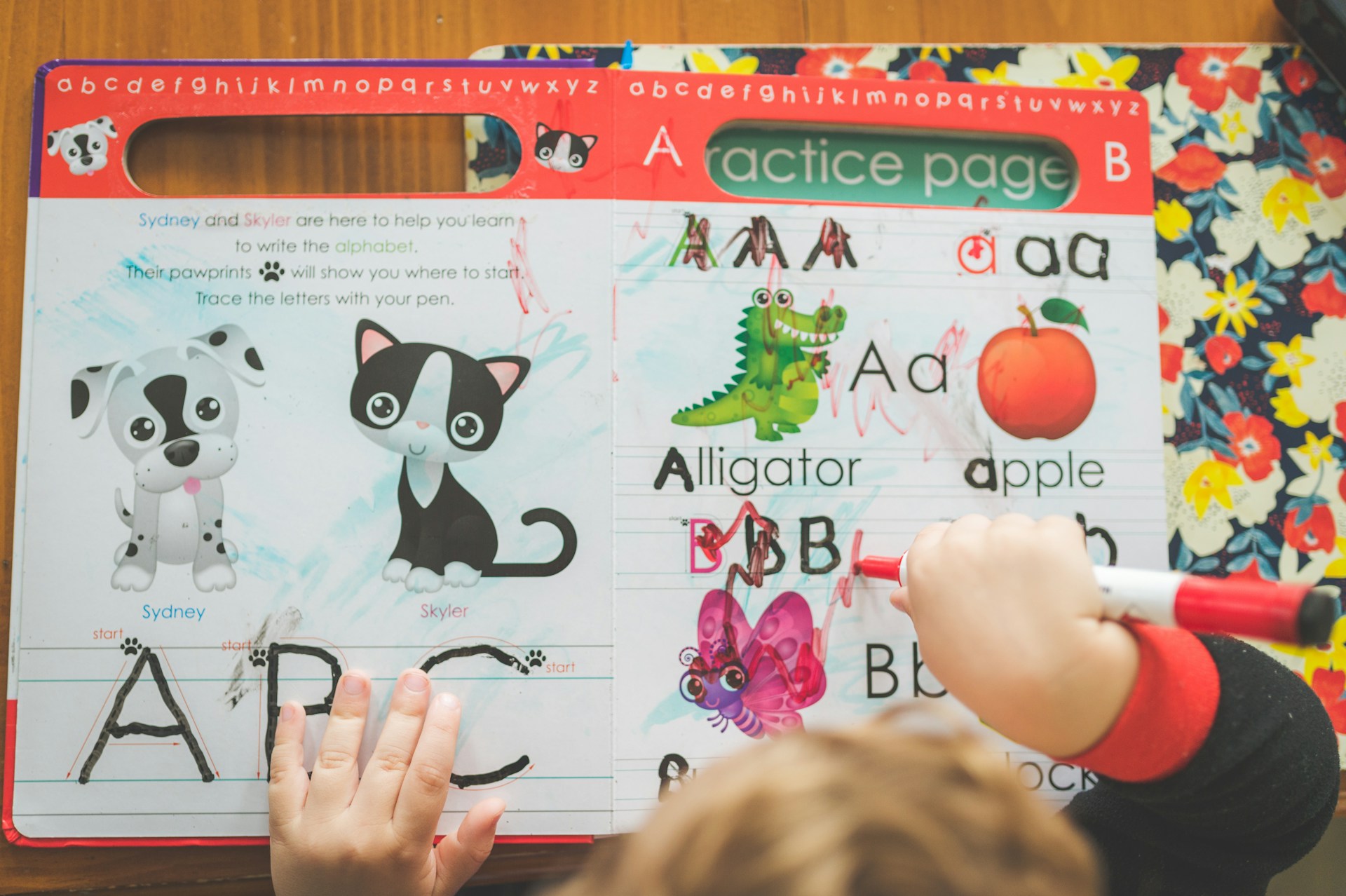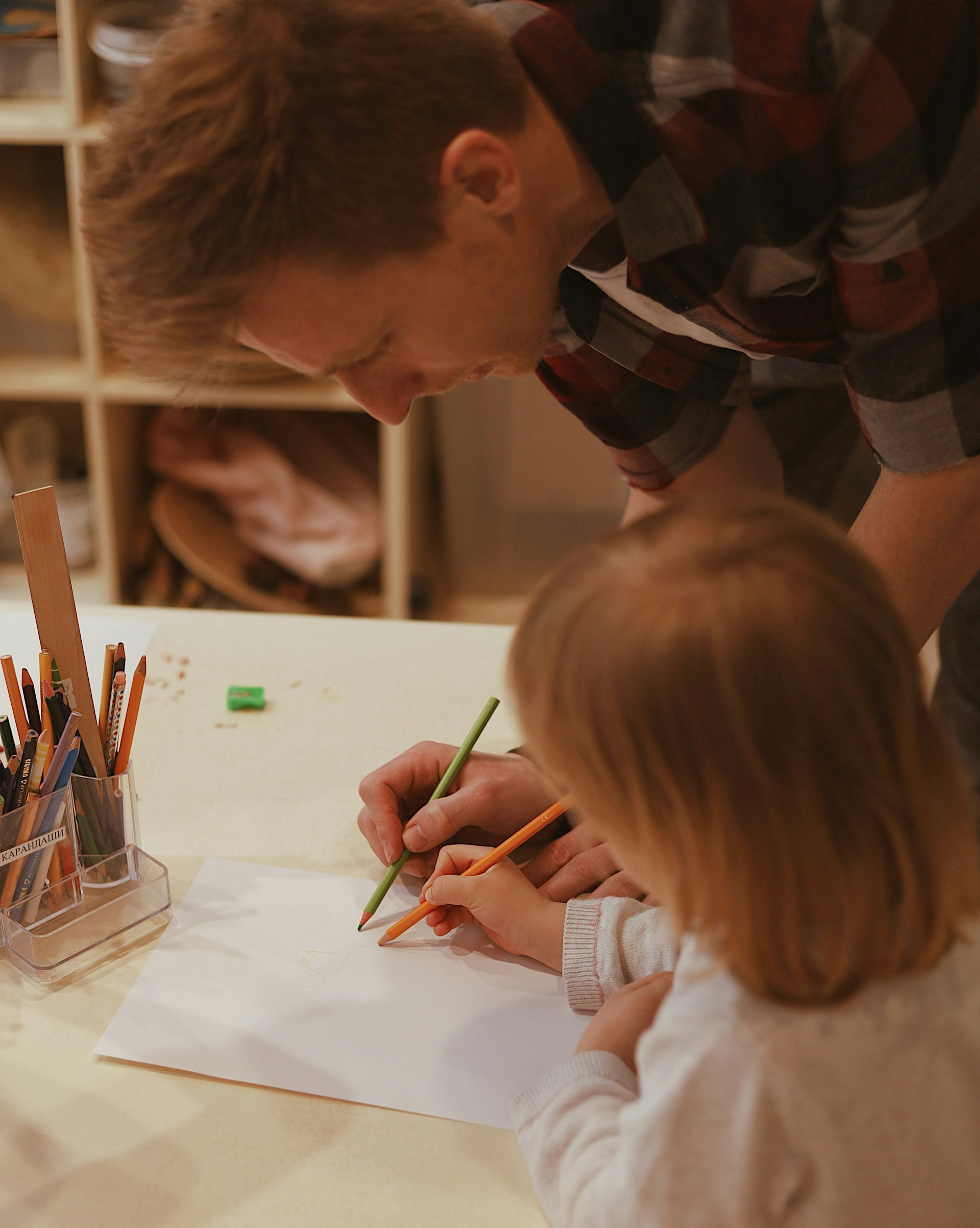Traditional vs. Progressive Approaches
Childcare approaches typically fall into two categories: traditional, which are more structured, and progressive, which are more individualised. Traditional methods usually followed a more structured “curriculum”, with set activities and routines, whilst the progressive approach focuses on the unique needs of each child and allows for more flexibility.
There are lots of popular educational philosophies, like the Montessori Method, Reggio Emilia, or Waldorf. Each philosophy emphasises different aspects of development, from exploration and self-directed learning to creativity and imagination. Montessori centres around children working individually or in groups, with hands-on activities to aid physical, social, and intellectual development. Whereas Waldorf is an educational philosophy that prioritises the arts and imagination.

